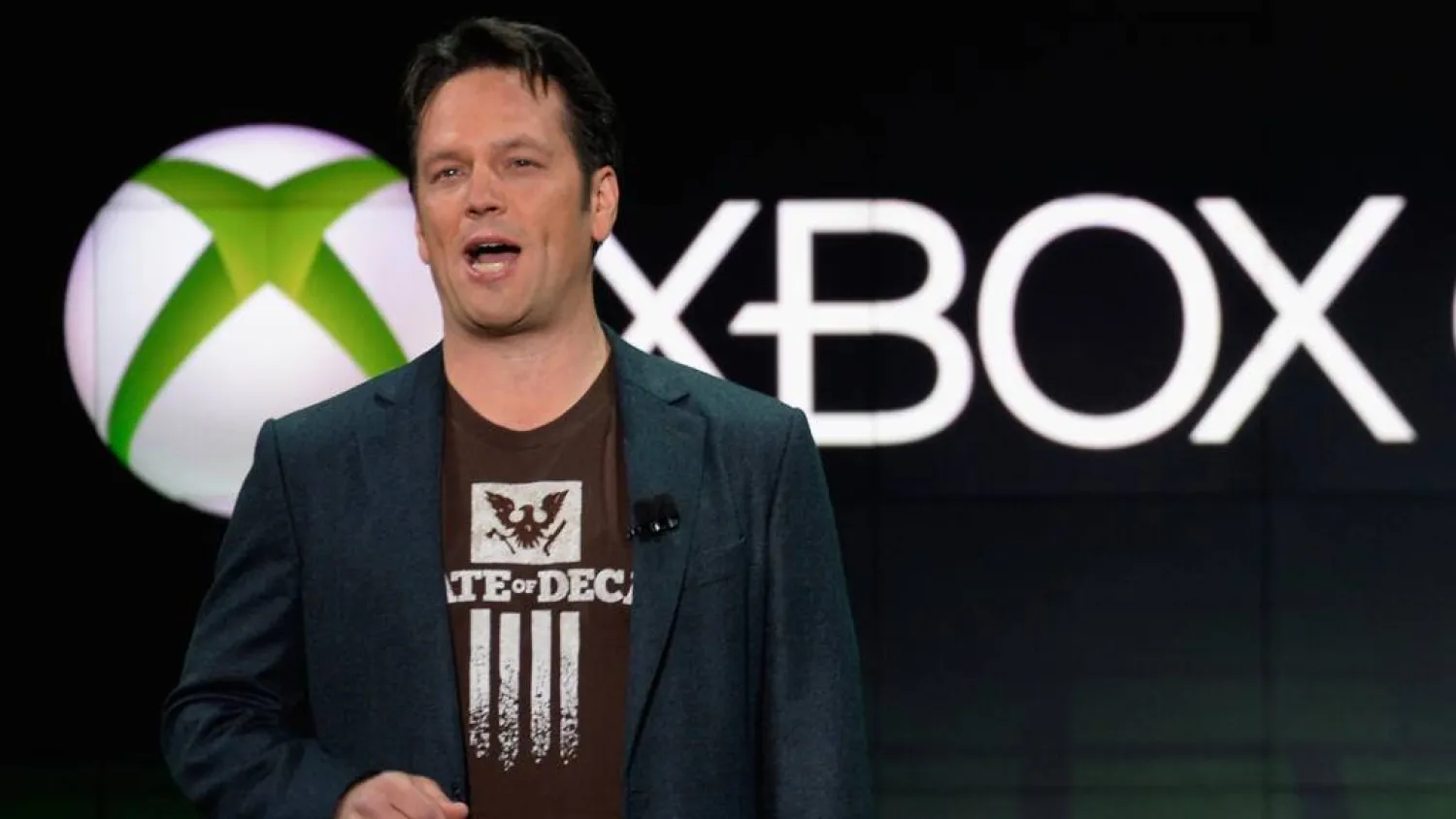The value of dogecoin dropped sharply in early US hours on Sunday, after Tesla chief and cryptocurrency supporter Elon Musk called it a ‘hustle’ during his guest-host spot on the “Saturday Night Live” comedy sketch TV show.
Dogecoin was quoted as low as $0.47 on crypto exchange Binance, down 28% from levels around $0.65 before the show.
The billionaire Tesla Inc (TSLA.O) chief executive hosted the show at 11:30 p.m. EDT on Saturday (0330 GMT on Sunday).
Cryptocurrency enthusiasts had for days been eager to see what he would say, after his tweets this year turned the once-obscure digital currency into a speculator's dream.
Asked 'what is dogecoin', Musk replied, "It's the future of currency. It's an unstoppable financial vehicle that’s going to take over the world."
When a show cast member Michael Che countered, "So, it's a hustle?", Musk replied, "Yeah, it's a hustle." And laughed.
Musk is the rare business mogul to have been asked to host the venerable comedy TV show. The timing puts Musk back in the spotlight just as Tesla's stock is losing steam following last year's monster rally.
The unconventional CEO has posted numerous comments about cryptocurrencies on Twitter and criticized regular old cash for having negative real interest rates.
"Only a fool wouldn't look elsewhere," he said in February.
His cryptic tweets "Doge" and "Dogecoin is the people's crypto" that month kicked off a rally in dogecoin - created as a parody on the more mainstream bitcoin and ethereum.
On Thursday, Musk tweeted: "Cryptocurrency is promising, but please invest with caution!" with a video clip attached in which he said, "it should be considered speculation at this point. And so, you know, don't don't go too far in the crypto speculation ..."
But he also said, in the video, that cryptocurrency has a "good chance" of becoming what he called "the future currency of the Earth."
On crypto data tracker CoinGecko.com, dogecoin has jumped more than 800% over the last month and is now the fourth-largest digital currency, with a market capitalization of $73 billion. It hit a record high Thursday above $0.73.
It has overtaken more widely used cryptocurrencies such as litecoin and tether.
Tesla said in February it bought $1.5 billion worth of bitcoin and would soon accept it as a form of payment for its electric cars, a large stride toward mainstream acceptance that sent bitcoin soaring to a record high of nearly $62,000.









